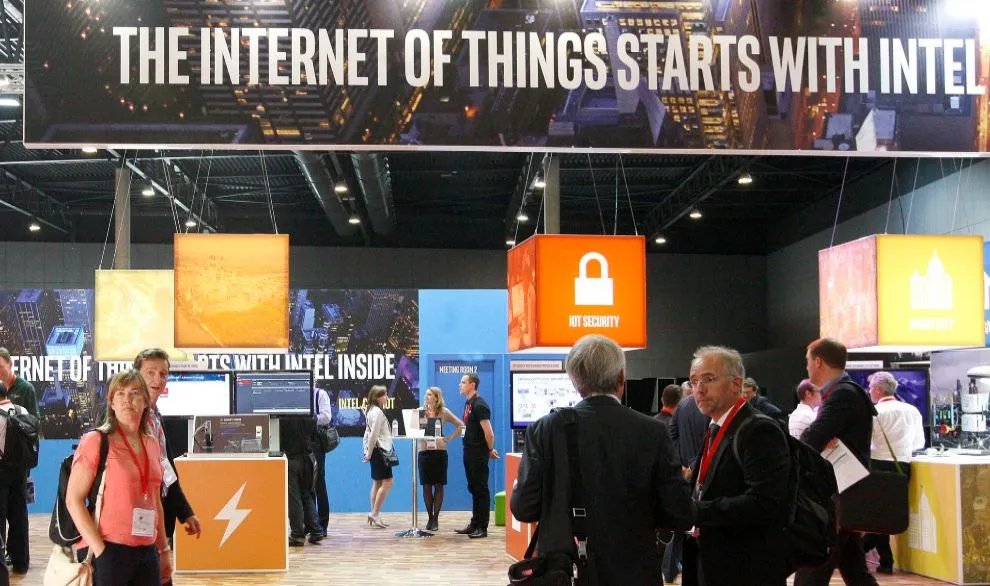IoT Solutions World Congress experts announce that this chronic disease will be the first to monitor.
Health, transport, production and even energy.All sectors will be affected in one way or another by the arrival of the connected world.Within the framework of the Internet of Things Solutions World Congress, the applications of this connectivity are forecast everywhere and health is the most recurring theme.
Heather Ross, by Arizona State University, predicted that diabetes will be the first disease to which the connected health will be applied and, therefore, the first to be monitored.The reasoning, for Ross, is simple: "We have a population that responds to this need. The number of patients is high."
And it is that chronic diseases are one of the main objectives as well as intelligent health system engines.A network that allows the patient's status to be controlled in real time and obtain data from their situation.In this sense, the 'wearables' play a fundamental role, go from being accessories to adopting a leading role in the patient's health.Robert Krawiec deepens, from Deloitte, that the data is its true value: "They allow to have real -time information at the clinic, which the doctor has data in real time when the patient is at home and, finally, a continuous torrent ofdata that can be contrasted with the information that the patient gives. "In addition, Krawiec argues that the ability to monitor patients can be an important element when alerting doctors of possible problems.In summary, apply the big data to the patient's follow -up.
"Monitoring them facilitates the knowledge of other diseases they have suffered or other medications they have taken. It could be seen in their history," explains Vice President of Medical Technologies of Medtronic, Adam Darkins.The expert ensures that all this would result in a great reduction in the costs that chronic diseases for health systems suppose today.
"To monitor patients, a data channel is necessary that is linked to other systems linked to the patient."This simple idea is a huge leap in technological terms because what Darkins is concerned is not only to the connected hospital, but to a network of connected medical centers."It does not only imply a change in technology adoption, a transformation in health systems will be necessary," says the expert.
In the field of 'Wearables', Krawiec considers that a transformation will occur and these devices will become another accessory of our clothing as a ring, bracelet or clock.It affects the importance of differentiating those uses in which the doctor monitors a disease in a patient and those in which the user controls his lifestyle because he pretends to be healthy.An argument in which Jonathan Ballon, Vice President of IoT of Intel, coincided on the first day of Congress: "We apply the same things as to the industry to ourselves, to predict what will happen to my body."


